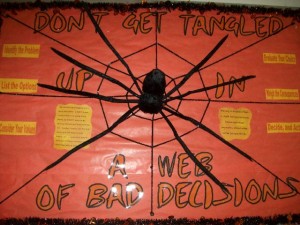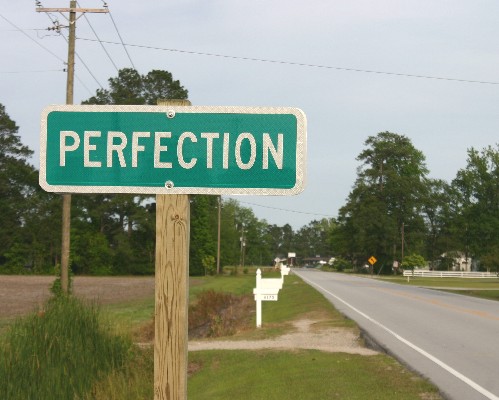 When you are younger most of your decisions are made for you by others. As you get older, you are making more of your own decisions, and along with that privilege come the responsibility for the consequences for each of those decisions. Life is all about choices, and we all learn that it is about every choice that we make.
When you are younger most of your decisions are made for you by others. As you get older, you are making more of your own decisions, and along with that privilege come the responsibility for the consequences for each of those decisions. Life is all about choices, and we all learn that it is about every choice that we make.
If we choose to eat poorly it will affect us both short term and long term. Choosing who we will be our friends, what parties we will go to, what and how hard we study in school, and will we say yes or no when faced with smoking, drugs, and personal relationships.
One thing I have learned about decision making is that when we are faced with making a decision very quickly, without time to think about it, our thought process may not always be in line with what our goals are. Other factors like peer pressure and our emotions may sway us to do things we may later wish we had not done. Thinking ahead and deciding what we will do if put in a certain situation will help us make better decisions when faced with other pressures.
 Deciding if our choice or decision is good or bad can easily be summed up in this question, Is it the right thing to do? We will know or have that feeling in our gut if others will be put in danger, disrespected or hurt physically or emotionally. We know if we are breaking laws, lying, or making things worse for our friends or parents. We can examine ourselves to see how we will feel when the decision is carried out and if we will be letting others down including our parents and ourselves. All of this takes time and needs to be thought about ahead of time.
Deciding if our choice or decision is good or bad can easily be summed up in this question, Is it the right thing to do? We will know or have that feeling in our gut if others will be put in danger, disrespected or hurt physically or emotionally. We know if we are breaking laws, lying, or making things worse for our friends or parents. We can examine ourselves to see how we will feel when the decision is carried out and if we will be letting others down including our parents and ourselves. All of this takes time and needs to be thought about ahead of time.
In business, the process for making quick decisions goes like this:
- What is the core issue
- What are the facts that will effect this decision
- Step back! Do I have to make this an immediate choice?
- Visualize the outcome. What are the consequences?
- Follow through with the decision and carrying it out.
In our personal life in those moments when a quick decision needs to be made, these are good questions too. Making good choices will certainly reduce the stress in our life, and the bad consequences that we will have to deal with, if our choice is not the best for us. Finally, if you make a bad choice, deal with the consequences and learn from it. It is not the end of the world, and if we continue to beat ourselves up over a bad decision, our stress levels will continue to rise.




